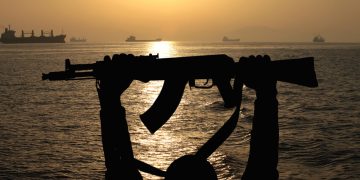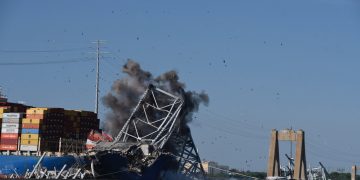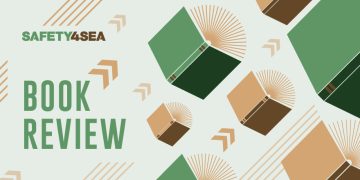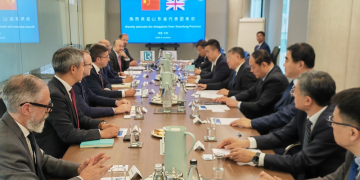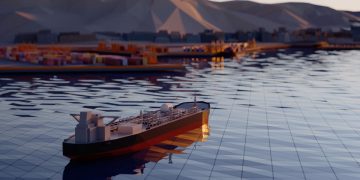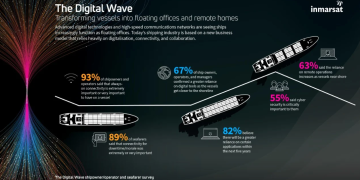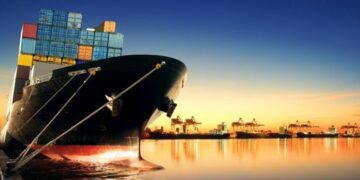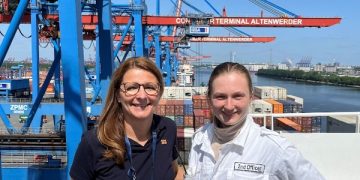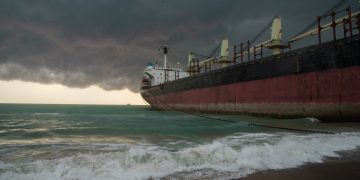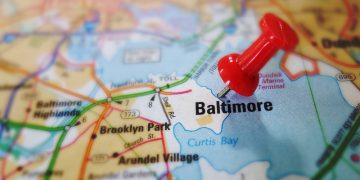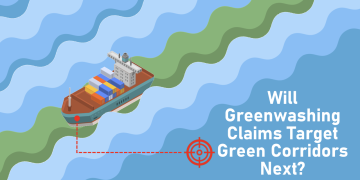Construction rules for bulk carriers and oil tankers IMO audit teams will shortly be established to verify construction rules for bulk carriers and oil tankers of classification societies which act as recognized organizations (ROs), following the receipt of requests for verification by the 31 December 2013 deadline.A new SOLAS regulation II-1/3-10 on Goal-based ship construction standards (GBS) for bulk carriers and oil tankers was adopted by IMO's Maritime Safety Committee (MSC), at its eighty-seventh session in May 2010, by resolutionMSC.290(87).This regulation, which entered into force on 1 January 2012, requires that all oil tankers and bulk carriers of 150 m in length and above, for which the building contract is placed on or after 1 July 2016, satisfy applicable structural requirements conforming to the functional requirements of the International Goal-based Ship Construction Standards for Bulk Carriers and Oil Tankers (GBS Standards) (resolutionMSC.287(87)).Under the GBS Standards, construction rules for bulk carriers and oil tankers of classification societies which act as recognized organizations (ROs) or national Administrations will be verified, based on the Guidelines for verification of conformity with goal-based ship construction standards for bulk carriers and oil tankers (resolution MSC.296(87)) (GBS Guidelines).According to the timetable approved by MSC 87, the deadline ...
Read more






